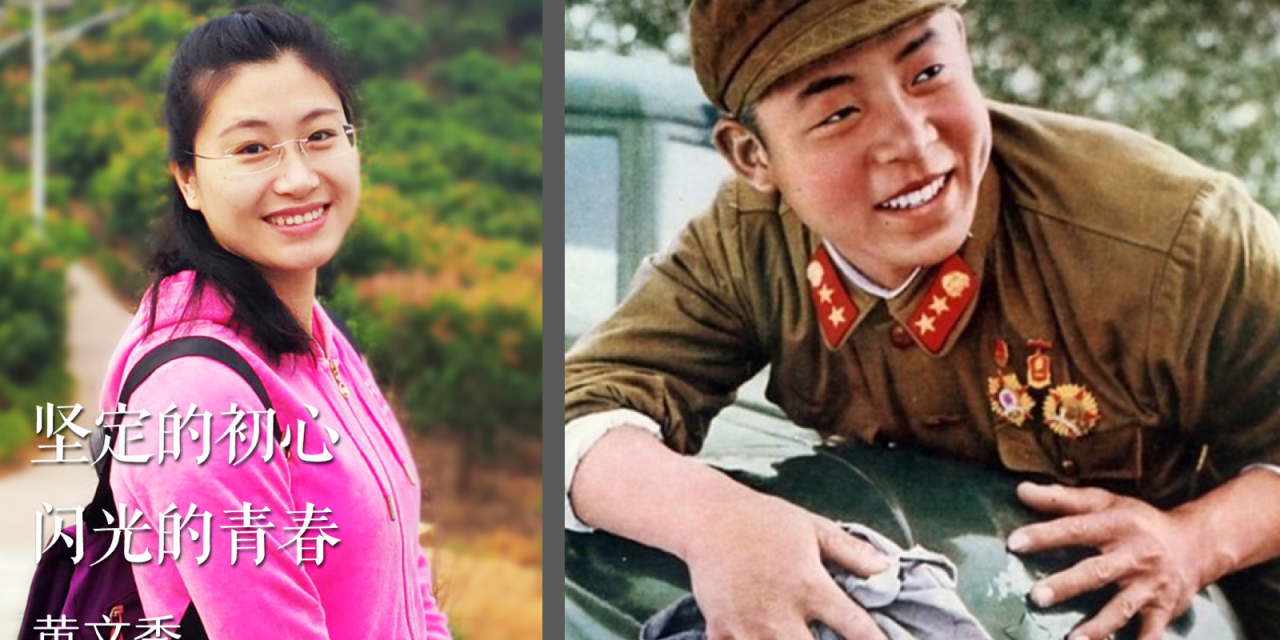Ha-Aretz has published a remarkable testimony from an ethnic-Kazakh woman who claims to have escaped from a re-education camp and has found asylum in Sweden.
https://www.haaretz.com/world-news/.premium.MAGAZINE-a-million-people-are-jailed-at-china-s-gulags-i-escaped-here-s-what-goes-on-inside-1.7994216
The article, by David Stavrou, includes extended quotations from Professor Fiskesjö, and alludes to accounts published elsewhere that paint a consistent picture.
Some nuances may have been obscured by serial translation.For example, she says that inmates were frequently required to write out confessions of their “sins.” The word “sins” suggests that standard CCP self-criticism was given a religious tinge — but by whom? The guards (adapting their message to the culture of their victims) or the prisoners (interpreting the requirement in terms of their religious experience)?
Concerning the atrocities (especially the widespread rapes), I have to wonder where the dividing line runs between high-level policies of cultural extermination and a low-level lack of discipline among the police.
The article also describes an employment contract with Chinese characteristics:
She was told she had been brought there in order to teach Chinese and was immediately made to sign a document that set forth her duties and the camp’s rules. “I was very much afraid to sign,” Sauytbay recalls. “It said there that if I did not fulfill my task, or if I did not obey the rules, I would get the death penalty. The document stated that it was forbidden to speak with the prisoners, forbidden to laugh, forbidden to cry and forbidden to answer questions from anyone.
A. E. Clark <aec@raggedbanner.com>





